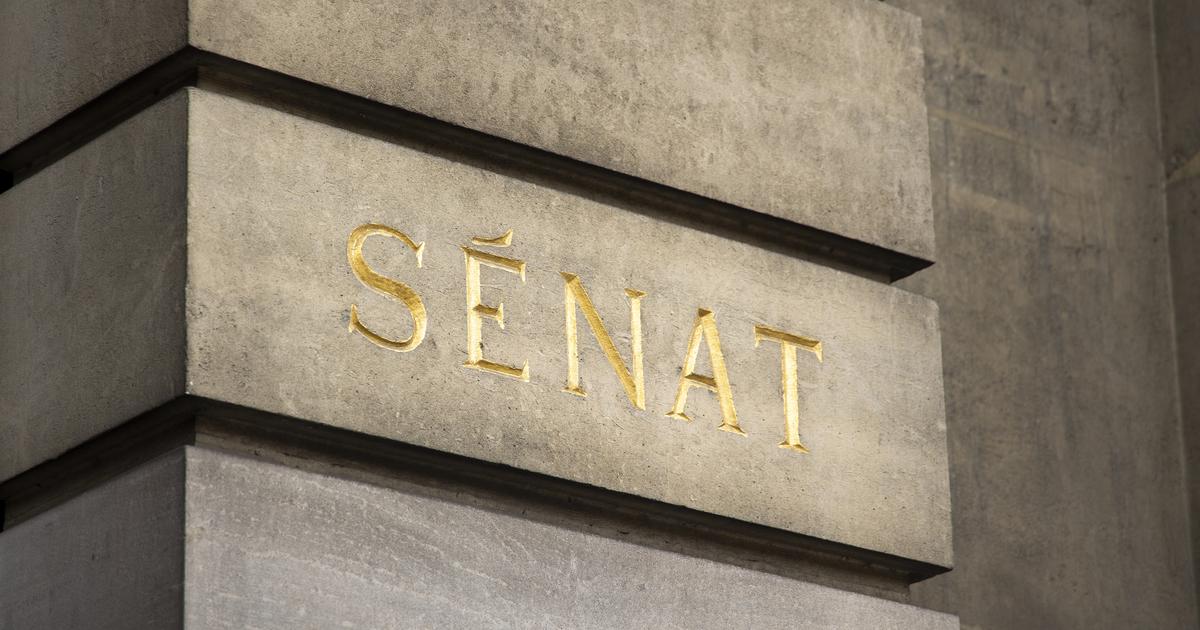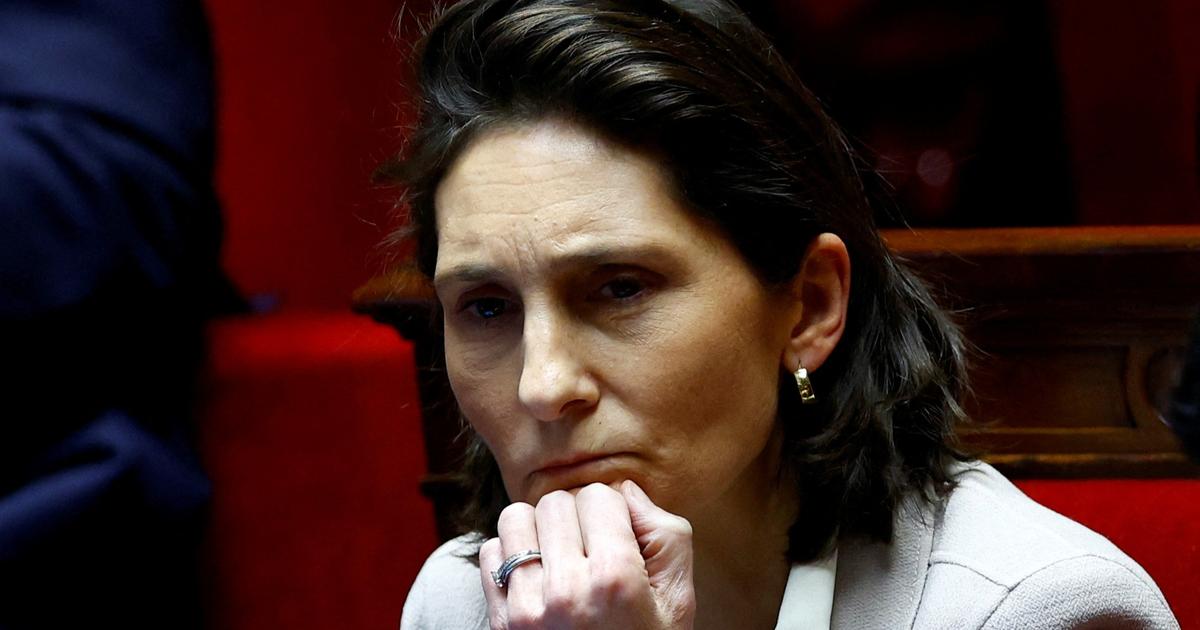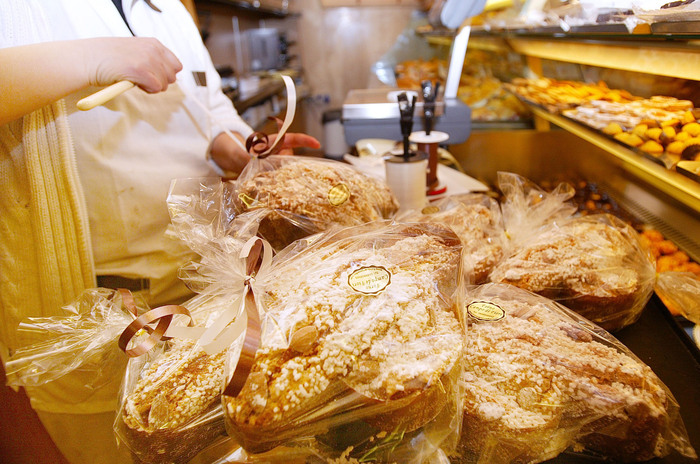Without immediate action to cushion the impact of the increases in energy and gas, small tourism and service companies will have to pay a maxi-bill of 11 billion euros in the next 12 months, about 8 billion more than in 12 months. previous.
An unsustainable sting, which risks putting 90,000 businesses out of business.
The alarm was raised by Confesercenti which, on the basis of the current electricity and gas tariffs, calculated the increase in the costs that businesses with less than 20 employees operating in the tourism sector and in other sectors of the tertiary sector, from commerce to services.
The companies in the catering sector will pay the heaviest bill, which will have to spend - with the same consumption - almost 2 billion euros more (+1.944 million), while for bars and other businesses without kitchens the increase would be just over one billion euros (+1,045 million).
It would be an unsustainable sting, declares the association: "Without support, the system of small businesses will be crushed by the increase in costs. The government in office should act using all the powers at its disposal", comments the president Patrizia De Luise.
The impact on hotel accommodation is also of great importance - Confesercenti emphasizes: for hotels, pensions and small hotels, the additional outlay will be over 1.5 billion euros.
For neighborhood shops, on the other hand, the expensive bill will cost 912 million euros more, while the increase in spending for Italian fuel distributors will be +436 million euros in twelve months.
The price increases will also have a negative effect on consumption.
Bills and inflation are pushing families to redistribute the budget, in a context conditioned by the increase in fixed expenses.
The share of average monthly expenditure involved in household expenses and utilities (housing, water, electricity and gas), goes from 37.4% in 2021 to 38% in 2022, and the incidence of transport costs also increases by 0 , 7 points.
Practically all the other items are at the expense, with decreases recorded in beverages, clothing and footwear, communication, recreation, entertainment and culture, even health expenses.
"Targeted interventions are needed for smaller activities - suggests the association - Up to now we have mainly intervened in favor of medium-large companies: the tax credit, for example, is intended only for users above 16.5 kW Instead, it is necessary to expand it and extend it also to small ones, extending the support interventions at least until 31 December 2022; but long installments are also needed to cushion the shock. At the same time, it is necessary to push the accelerator on the diversification of sources and to encourage, starting from the fiscal lever, also consortia for the purchase and production of clean energy ".








/cloudfront-eu-central-1.images.arcpublishing.com/prisa/Z45E6KV7VJGUXAKJWH7VA4NJSE.jpg)




